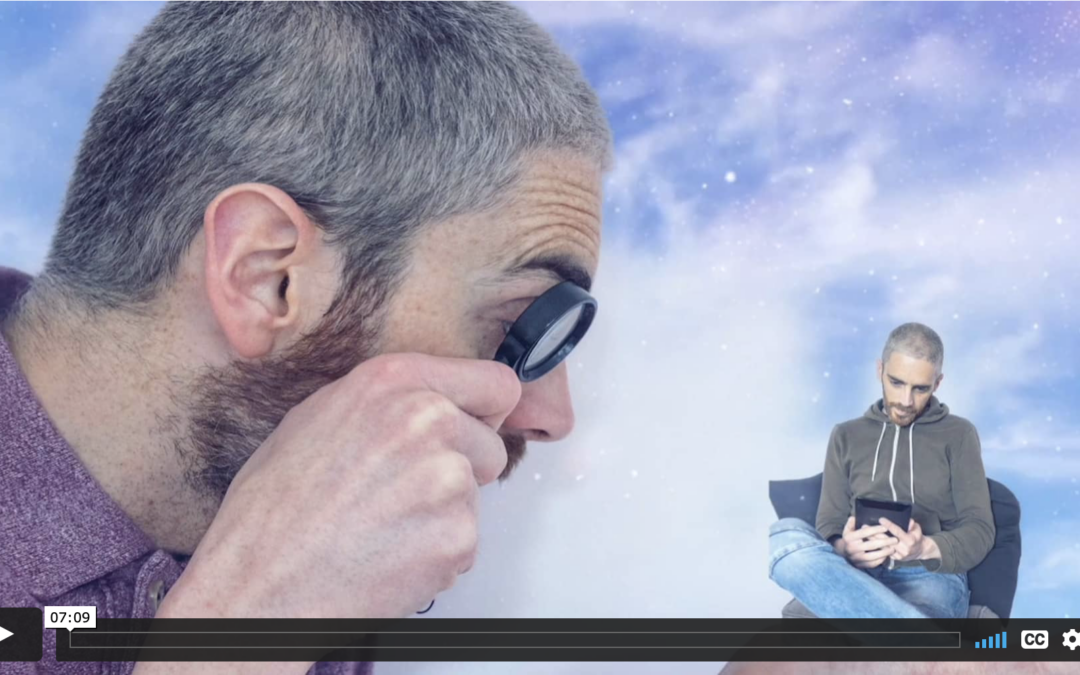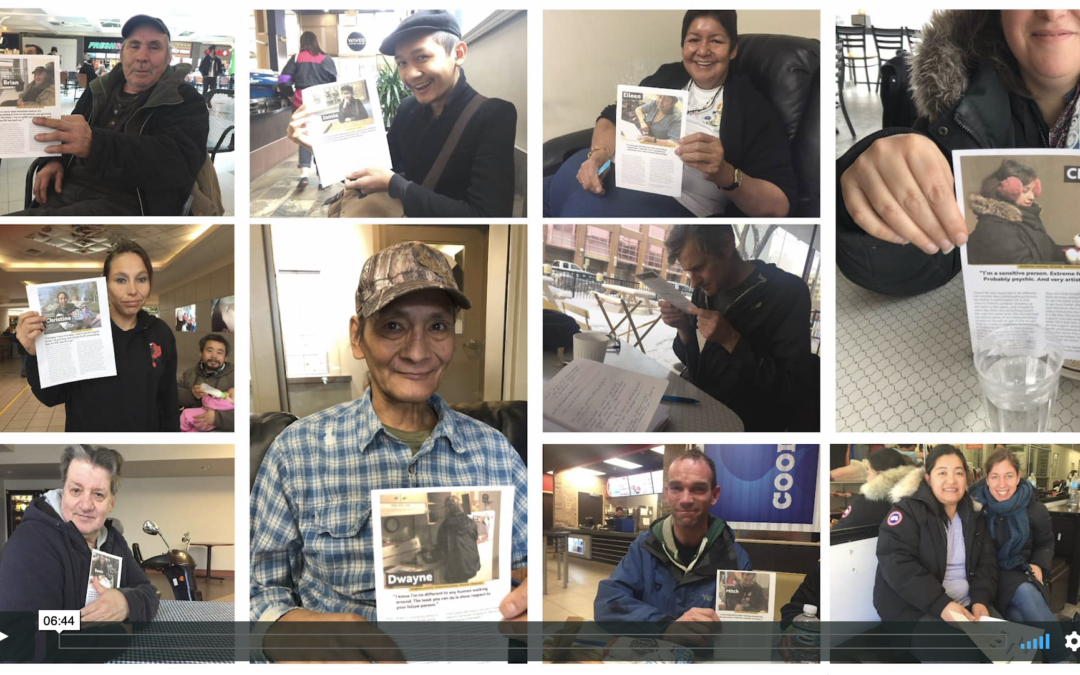PechaKucha Presentation—The digital world has given us unprecedented access to information about ourselves. As human beings we can quantify ourselves on the basis of how much we eat, how much we exercise, how many miles we've travelled, among dozens of other facets of our lives. As technology...







